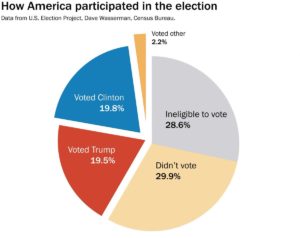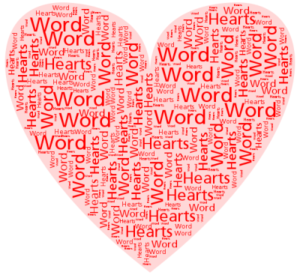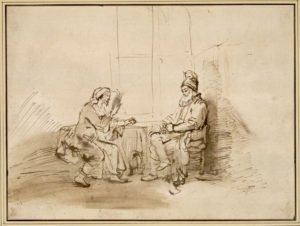Words that resonate.
‘Our worldview casts a shadow in the words that resonate.
One reason it’s difficult to understand each other is that behind the words we use are the worldviews, the emotions and the beliefs we have before we even consider what’s being said.
Before we get to right and wrong, good or bad, effective or ineffective, we begin with worldview.
They affect the way we choose a car, engage in a conversation or vote. These cultural and learned worldviews alter the way we see and hear and speak.
Words like: Fairness, change, interference, freedom, responsibility and opportunity trigger different reactions based on worldview. It’s always easier to encourage action based on an existing worldview than it is to change that view.
The columns below don’t line up for everyone (or anyone), but instead highlight different instincts on different axes on how each of us see the world in any given moment…
| An all-powerful authority | Treat others as you’d want to be treated |
| Confidence, results, right now, right later |
Exploration, truth, working toward perfect, always a little wrong |
| Self-respect, power, agency, taking space |
Role awareness, dignity, giving space, flexibility |
| Deserve, entitled, keep | Share, distribute, invest |
| Effects | Side effects |
| Ends and means | Means and ends |
| Getting things done | Listening, speaking up and being heard |
| Patriotism, nationalism, the homeland |
Community, ecology, the system |
| Power, authority, compliance, respect, status | Fairness, hope, justice, connection, healing |
| Profit-seeking | Public utility |
| Intuitive | Informed |
| Realism, denial | Optimism, pessimism |
| Rewards, incentives, victory, spoils |
Equity, fairness and the alleviation of suffering |
| Urgency, triumph, security, impulse |
Self control, long-term thinking, wisdom |
| Vengeance | Forgiveness |
| Zero-sum | Win-win |
Once we understand the landscape that someone sees, we have an easier time using words and images to fill in that landscape, to create a story that they can hear and understand, and, perhaps, we can make change happen.’
-Seth Godin
The Truth is that which is.
‘It is more useful to realize that we each carry a Jesus and a Nicodemus within us; that is, we each have a divine inner voice that opens us to truth and a mediating social voice that is reluctant to show its truth to others.
…quiet pain comes from not honoring what we know to be true, even if all we know to be true are the questions we are asking.
True and False Self (D. W. Winnicott) – – it is the True Self that lets us know what is authentic and what has become artificial, while the False Self is a diplomat of distrust, enforcing a lifestyle of guardedness, secrecy, and complaint.
In everyday terms this means that each time we experience a change in reality as we know it, we must choose whether to declare or hide what we know to be true. At such moments we either need to bring the way we have been living into accord with that shift of reality, or we need to resist the change […] having to admit that what was essential is no longer essential and then needing to summon the courage to make the act of living essential again.’
-Mark Nepo


